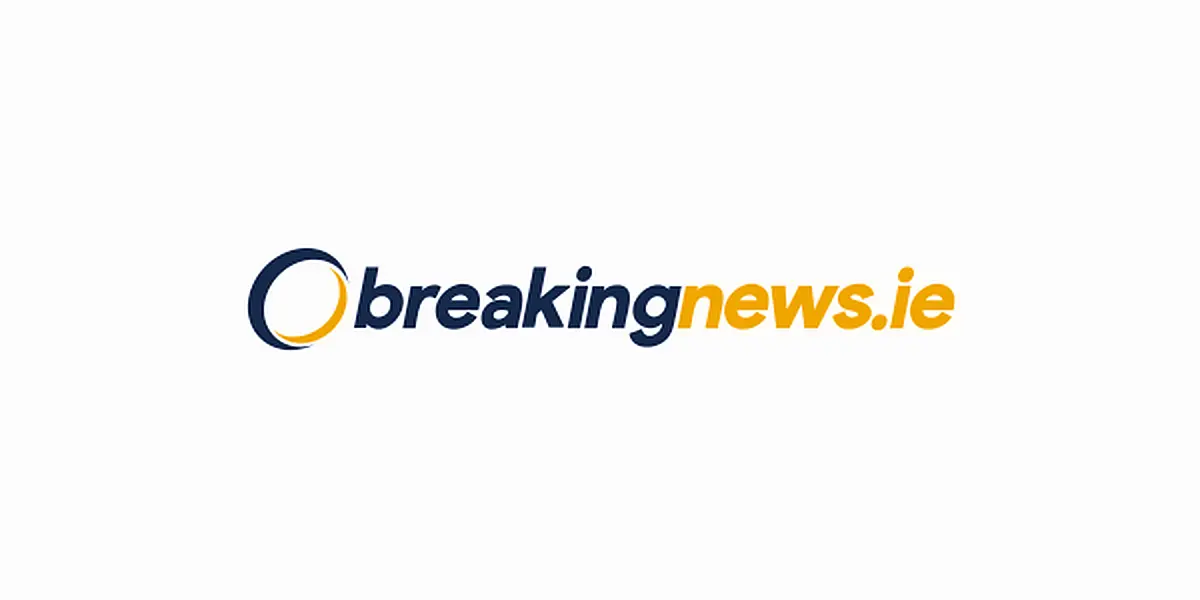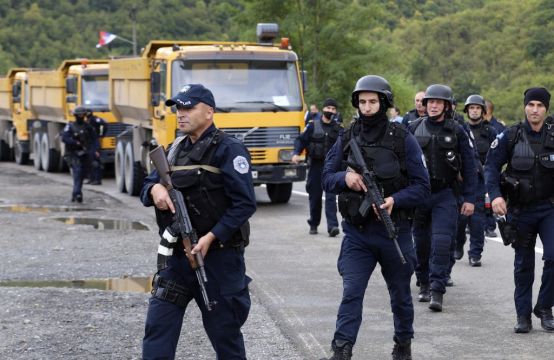Tensions have soared at the border between Kosovo and Serbia as Kosovo deployed additional police to implement a rule to remove Serbian licence plates from cars entering the country.
Officers with armoured vehicles were sent to the border as hundreds of Kosovan Serbs reportedly drove to the border in their cars to protest over the move, blocking one of the crossing points.
Serbian police have for years taken registration plates off Kosovo-registered cars entering Serbia, and the latest move by Kosovan authorities appears to be a tit-for-tat measure.
Serbia does not recognise its former province as a separate state and considers the border an “administrative” and temporary boundary.

Kosovan officials said that as of Monday, the licence plates issued in Serbia will be replaced with temporary ones and the additional police were deployed to implement the “reciprocity” action.
Kosovan Prime Minister Albin Kurti said Serbia was the first to impose temporary licence plates, adding that Kosovo’s move does not limit freedom of movement and is not directed against Serbs.
“We didn’t ask for the temporary licence plates, but they were imposed by the other party,” he said.
“As long as our citizens must pay for the plates when they enter Serbia, they will be used on entry into Kosovo as well.”
European Commission spokesman Peter Stano urged both countries to “immediately” exercise restraint and refrain from unilateral actions, adding: “Freedom of movement is one of the cornerstones of the European Union and as such we expect both Kosovo and Serbia to promote freedom of movement in the region.”
The two sides agreed in European Union-mediated talks in 2014 to allow free traffic, but Kosovan officials said the deal has expired and only proper Kosovo symbols are now valid in the territory.

Serbian President Aleksandar Vucic called an emergency meeting for Tuesday of the state national security council as local Serb officials from Kosovo urged help from Belgrade.
Senior Kosovan Serb official Goran Rakic described the latest move as “a direct threat” against Serbs living in Kosovo, saying they have informed EU mediator Miroslav Lajcak and other international officials about the developments.
“This (protest) is a reaction by the people who are worried about their future, their children and their families,” said Mr Rakic. “People are anxious and frightened.”
Thousands of people were killed and more than a million left homeless after a 1998-99 crackdown by Serbian troops against Kosovo Albanian separatists. The war ended only after a Nato intervention.







